'Most important diplomatic event'
Updated: 2016-03-28 06:52
By
Fu Jing in Prague, Czech Republic
(China Daily USA)
|
||||||||
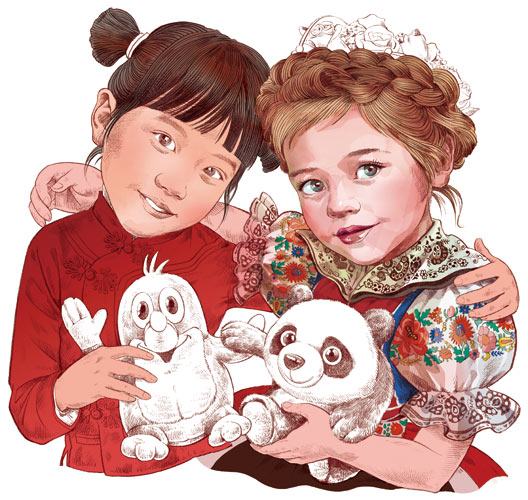
Tagging it as the "most important diplomatic event" in years, the Czech Republic's leading politicians and statesmen extended their warmest welcome to President Xi Jinping, who is paying the first visit by a Chinese president to Prague in 67 years of diplomatic relations.
During interviews with China Daily prior to Xi's departure, former Czech president Vaclav Klaus, former prime ministers Jiri Paroubek and Jiri Rusnok and former foreign minister Jan Kohout, an adviser to Czech President Milos Zeman on China affairs, have all expressed their delight and optimism at the visit.
Klaus said Xi's visit has a "historic meaning" and is the "logical development" of the situation, which has shown both sides are serious in developing the strategic relationship.
"This visit is significant for us and also China should feel it is in its strategic interest in developing such high-profile relations with a European country like the Czech Republic," said Klaus.
Czech president from 2003-13, and prime minister before that, Klaus set up a research institute in Prague on global affairs after he left the presidential palace.
Klaus has visited China several times, and now it is only logical, he said, for his country to start to engage with China more.
In 1993, the country that was Czechoslovakia split in what was called the "Velvet Divorce". Klaus said it was natural that the new Czech Republic should develop sound relations with its close neighbors first and so it has been relatively inward-looking. Trade with European countries accounts for nearly 80 percent of its total, but it is time to expand. "Now it is up to us to develop closer ties with China as well," he said.
Calling Xi the "Father of the Belt and Road Initiative", Kohout, who was twice foreign minister, said about the initiative that "China is not pushing each country to join, and China is not putting pressure on. This is mutual. It is up to every county to decide."
"We are focusing on highways, high-speed trains and infrastructural projects and also on soft projects. This is what we aim for. But right now, we are looking forward to President Xi Jinping's visit, which is historic for us," said Kohout.
Ten years ago, when Jiri Paroubek was prime minister, he was visionary enough to fly to Beijing and held talks with his Chinese counterpart Wen Jiabao to strengthen business relations.
"I am very happy with this change (closer ties with China), following my talks with the Chinese leadership to consider a strategic partnership 10 years ago," said Paroubek.
He appreciated the "courage and vision" of leaders of both countries to upgrade the relationship to a strategic level and President Xi Jinping's visit will be warmly welcomed and bring tremendous changes to the bilateral relationship's development.
Paroubek said his country is ready to cooperate with China, especially in boosting bilateral trade. He boasts that industrial competitiveness in the Czech Republic is very strong and the quality of its products compares to those made in Germany.
"We have the same quality but our prices are lower. So we need to catch up to boost imports to China.''
Paroubek also believed it is hugely important to boost the Beijing-Brussels relationship but, he believed, on many fronts Brussels is heavily influenced by Washington.
"We can see the European Union lacks independence as some of its policies, such as those on refugees, the Ukraine crisis and relations with Russia, are influenced by the United States," said Paroubek.
As to China's market economy status, Paroubek says the European Union should recognize this as well as China's economic contribution globally and its contribution to European development. "The West should know these very well and recognize them," said Paroubek. "But for some reason, the United Sates is still exerting an influence over the European Union."
Former prime minister Jiri Rusnok also said it is time for his country to catch up to deepen cooperation in "all areas", following the steps of European peers, such as Germany and the UK.
"In many, many areas, the bilateral relationship is not as good as it could be. Many of our peers are much more advanced in this aspect," said Rusnok, who will soon be his country's central bank chief.
The visit, he stressed, is extremely important for the Czech Republic, and it proves the bilateral relationship is enjoying its best time ever.
"I am sure this will boost our relationship in all areas," said Rusnok, adding that the relationship will be deepened from business to culture, health, education, research, transport to science cooperation.
Sitting in his office in Prague, Rusnok highlighted the potential of ties and pointed out that Hungary, Poland and Western European powers such as Germany, France and the UK have already set up strategic cooperation partnerships with China.
"So it seems we are catching up on something we missed in recent decades and I welcome the progress made by my president and prime minister during the last two or three years," he said.
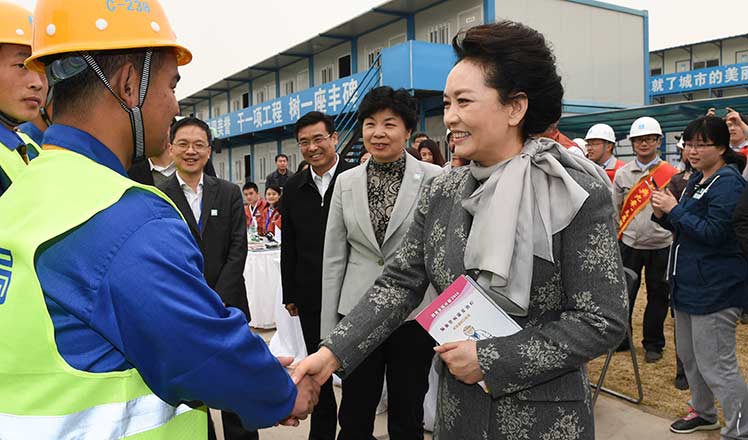
 First lady Peng Liyuan leads fight against tuberculosis
First lady Peng Liyuan leads fight against tuberculosis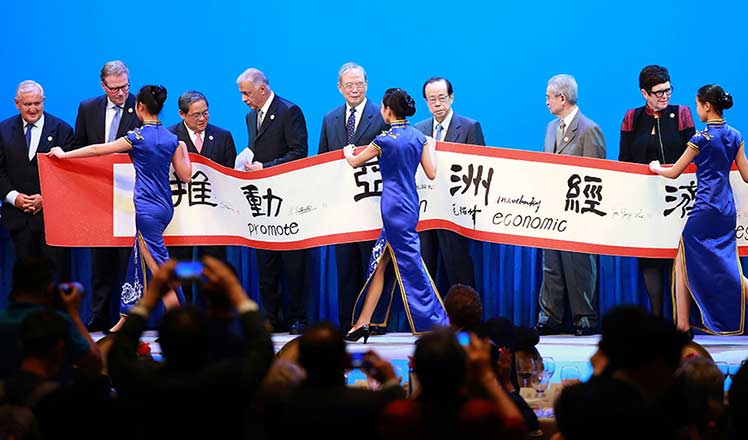
 Faces at Boao Forum for Asia Annual Conference
Faces at Boao Forum for Asia Annual Conference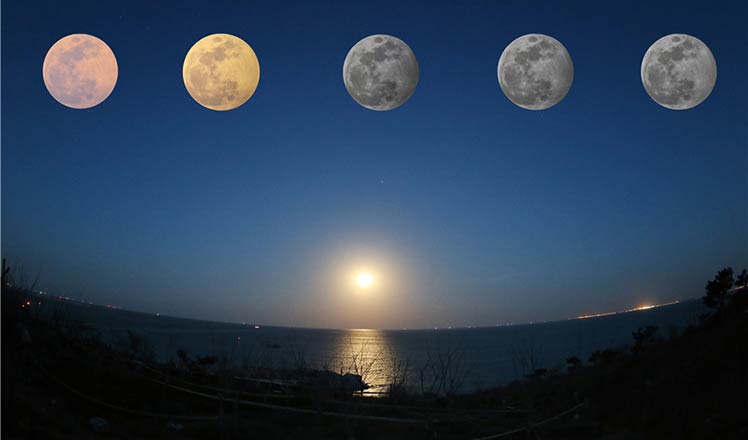
 In photos: Lunar eclipses visible in eastern China
In photos: Lunar eclipses visible in eastern China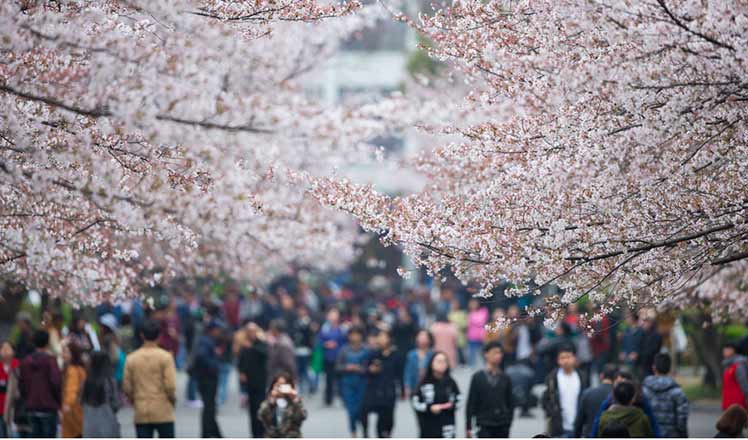
 Chinese chasing Spring blossoms around the country
Chinese chasing Spring blossoms around the country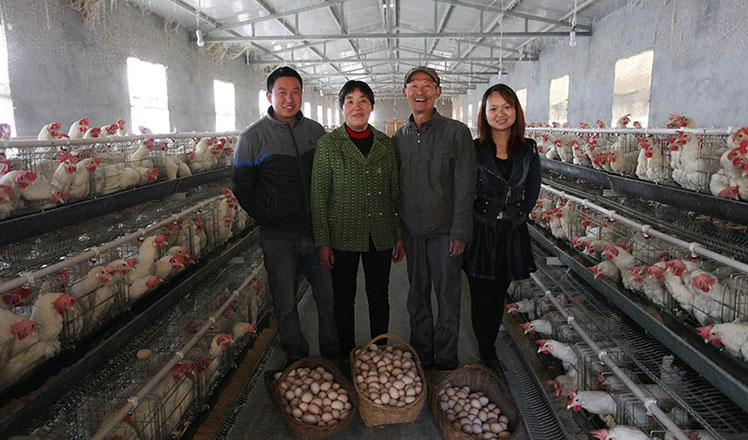
 Migrant couple returns to hometown to raise chickens
Migrant couple returns to hometown to raise chickens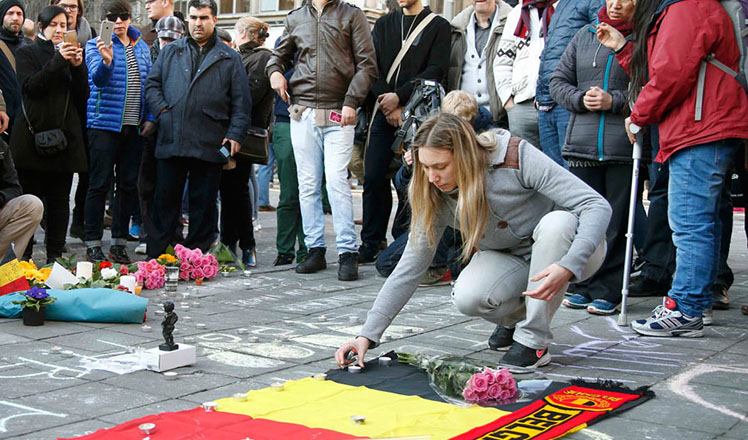
 Victims of Brussels attacks commemorated
Victims of Brussels attacks commemorated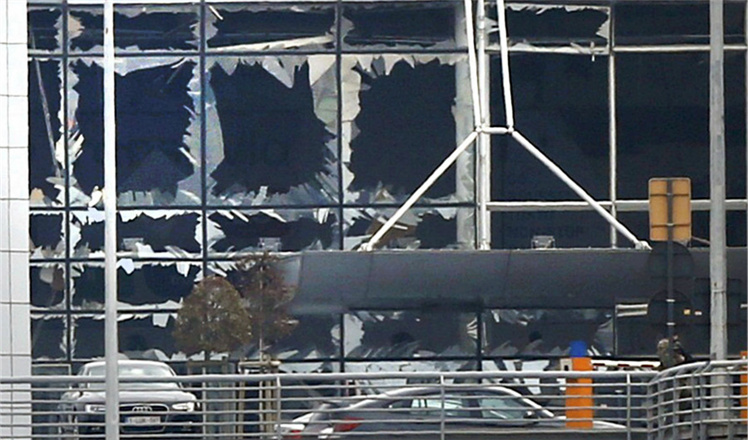
 In photos: Brussels rocked by multiple explosions
In photos: Brussels rocked by multiple explosions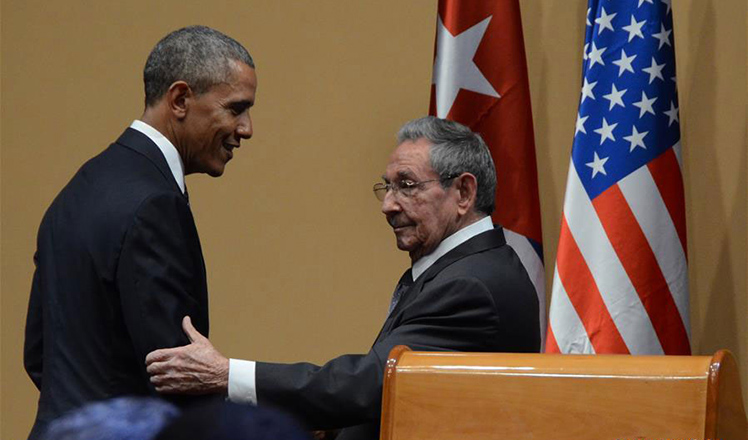
 Raul Castro and Obama hold talks in Havana
Raul Castro and Obama hold talks in Havana
Most Viewed
Editor's Picks

|

|

|

|

|

|
Today's Top News
Marriott unlikely to top Anbang offer for Starwood: Observers
Chinese biopharma debuts on Nasdaq
What ends Jeb Bush's White House hopes
Investigation for Nicolas's campaign
Will US-ASEAN meeting be good for region?
Accentuate the positive in Sino-US relations
Dangerous games on peninsula will have no winner
National Art Museum showing 400 puppets in new exhibition
US Weekly

|

|







